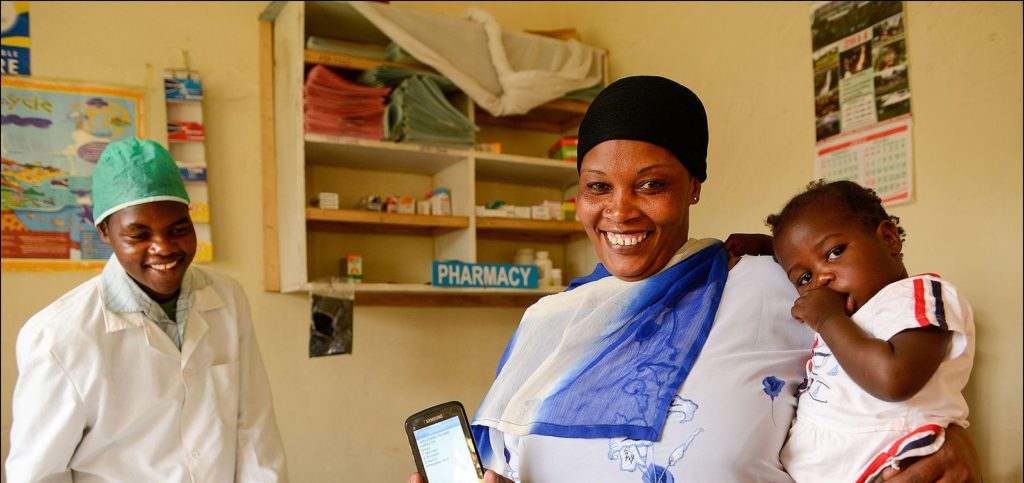20 Essential Resources: Self-Care for Family Planning

What is self-care?
Individual rights and choice have always been fundamental to the practice of family planning, especially the right to make and act on informed decisions about using contraception and having children.
As health systems grapple with the COVID-19 pandemic and other crises, the urgency of centering people as advocates for their own health, including their sexual and reproductive health, has never been greater. The World Health Organization (WHO) defines self-care as “the ability of individuals, families, and communities to promote health, prevent disease, maintain health, and to cope with illness and disability with or without the support of a health-care provider.” Also according to WHO, half of the world’s population do not have access to the healthcare they need. Adequately supported self-care, including for family planning, will play a key role in ensuring the world can achieve universal health coverage (UHC).
Products, information, and technologies for self-care can include: high-quality medicines, devices, tools to test and diagnose, and digital health interventions. They can be provided within or outside of a health-care facility, and with or without the direct support of a health worker.
“Whether it’s for their experience of pregnancy and childbirth; managing fertility intentions, preventing sexually transmitted infections; enjoying better sexual health of themselves or their partner, or self-monitoring their blood pressure, access to quality self-care interventions can help meet people’s many health needs and rights.”
Self-care in family planning
Self-care is a natural fit for family planning and specifically refers to the ability of individuals, families, and communities to promote and maintain sexual health and prevent or space pregnancies, with or without the support of a health-care provider. New medical and digital tools, products, and services allow individuals, particularly women and adolescent girls, to assess and manage their own needs in their homes or communities with support from health providers and health systems that prepares them to have greater control and decision-making in their sexual and reproductive health care. This approach creates multiple benefits not only for women and girls themselves, but also potentially for health systems.
WHO’s latest 2021 self-care guidance features several recommendations for high-quality family planning services. Recommendations include:
- Over-the-counter access to emergency contraceptive pills without a prescription
- Pregnancy self-testing
- Self-administration of injectable contraception
- Over-the-counter oral contraceptive pills without a prescription
- Male and female condoms
- Self-screening with ovulation predictor kits
Why we created this collection on self-care for family planning
Many national and subnational governments and partners around the world are key in operationalizing self-care guidance, and making rights- and evidence-based self-care options for family planning a reality for more people. The resources in this collection on self-care interventions for family planning help make the case for the role of self-care in family planning. They can also help equip partners with tools for advocacy and policy change, financing, ensuring quality of care, leveraging digital tools, collecting and using data, and addressing other specific considerations.
Criteria for this collection
To be included in this collection, a resource must be:
- Foundational to the evidence and experience base for self-care implementation in family planning.
- A “cross-cutting” resource that is applicable across family planning self-care interventions rather than just one specific method or intervention—if focused on a specific method, it should present insights or approaches that could be applied to other products or interventions.
- Relevant for more than one country—if focused on specific countries, it should present insights or approaches that could be applied in other countries.

What is included in this collection?
The collection includes a mix of resources categorized into the following topics:
- Conceptual framework
- Normative guidance
- Implementation lessons learned and evidence
- Policy advocacy
- General background and considerations
Each entry comes with a short summary and statement on why it is essential. We hope you find these resources informative.





